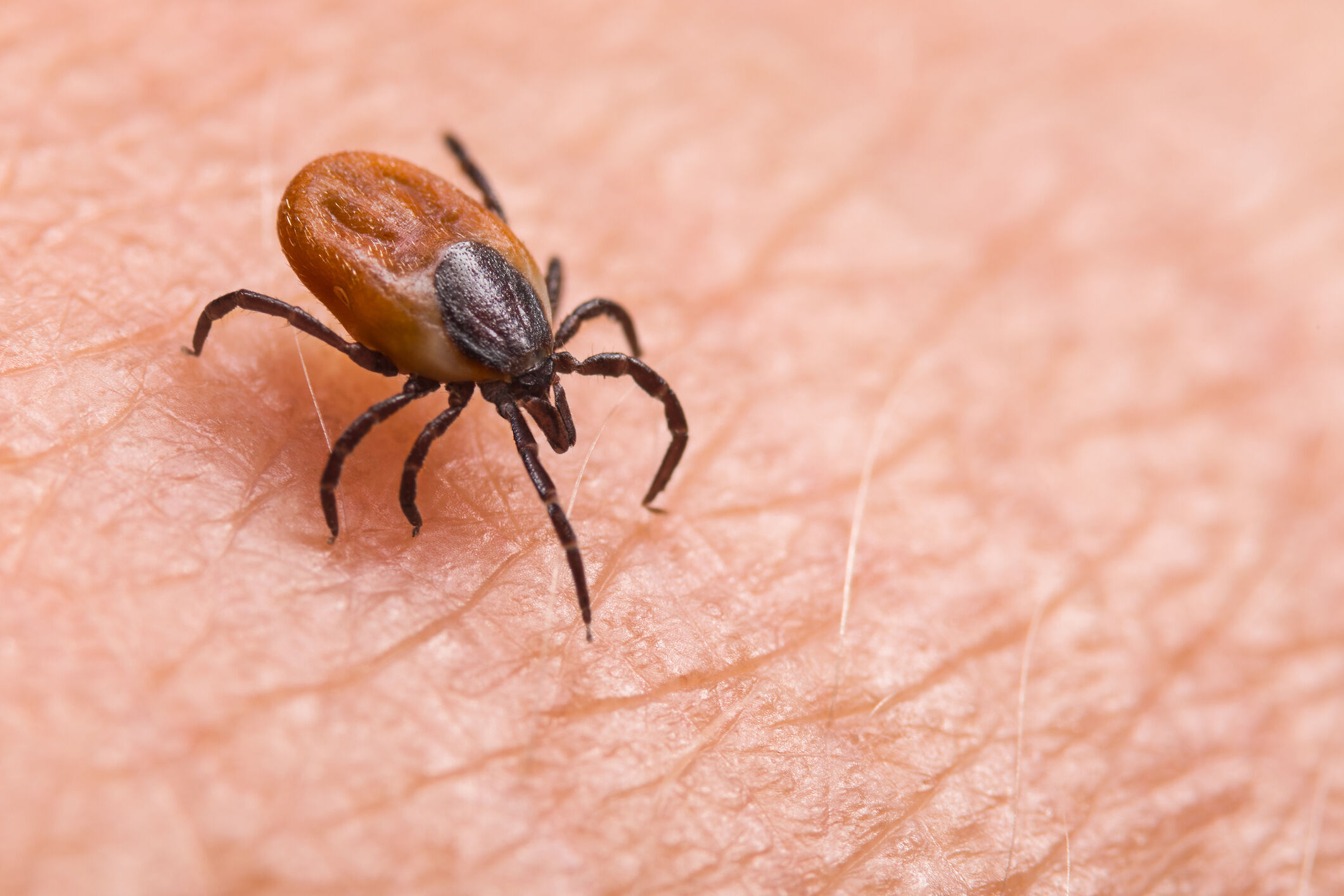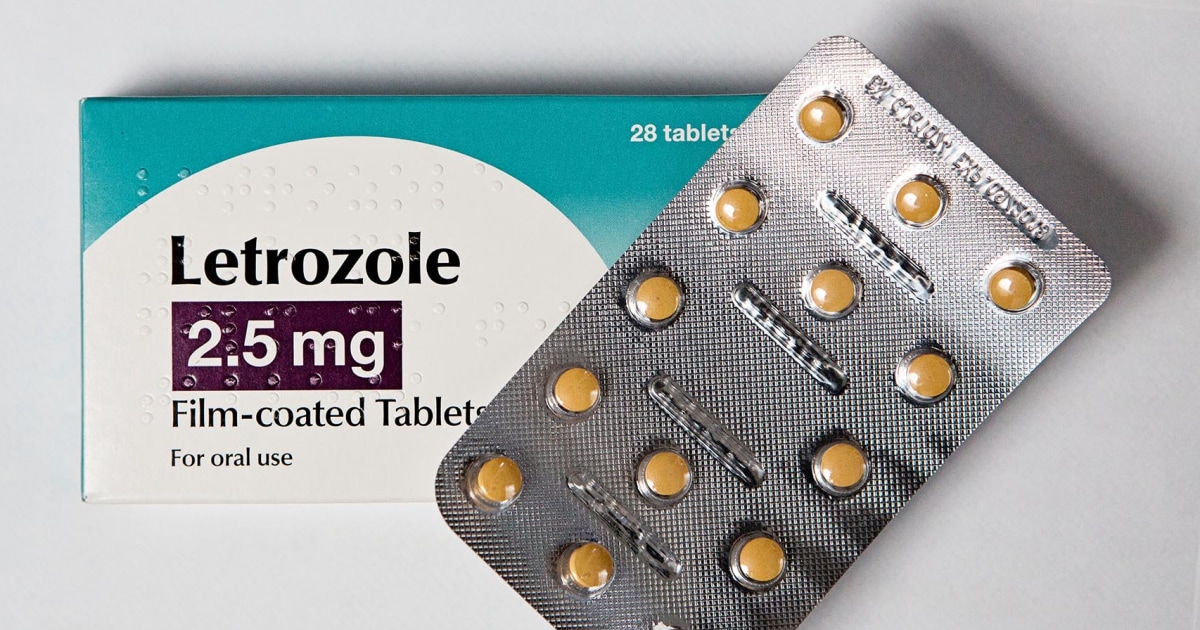T4K3.news
New AI test for Lyme disease enters clinical trial phase
ACES Diagnostics is beginning clinical trials for its AI-based Lyme disease test in January 2024.

A company is developing an AI-based test for Lyme disease that promises quicker diagnoses.
AI brings hope for early Lyme disease diagnosis
ACES Diagnostics is working on a new test for Lyme disease that aims to provide accurate early results. As the number of cases related to tick bites rises, the standard diagnostic procedures remain a significant challenge. Current tests often fail to detect the infection in its early stages, typically within two to four weeks. Dr. Paul Auwaerter from Johns Hopkins University emphasized that while some patients exhibit symptoms like fever without the characteristic rash, the existing tests are not sensitive enough. The new AI-driven test, named 'LymeSeek,' utilizes machine-based learning to analyze a broader range of antibodies, moving away from traditional methods that have been in use for decades. Developed with the collaboration of Tulane and Arizona State universities, the test aims to get FDA approval soon, with clinical trials beginning in January 2024. This development adds urgency to diagnosing Lyme disease early, especially as untreated cases can lead to more severe health complications.
Key Takeaways
"Having a test that’s accurate early is so important, so that doctors have a tool that can give an actionable result."
This highlights the critical need for early diagnosis in treating Lyme disease effectively.
"There’s still much room for improvement."
Dr. Auwaerter emphasizes the ongoing challenges with current testing methods for Lyme disease.
"Our test uses different antibodies. We’re looking for a whole different set of antibodies."
Ahern explains the innovative approach of the LymeSeek test compared to traditional methods.
"At least for Lyme disease, early detection of that remains a challenge."
Dr. Auwaerter stresses the importance of addressing the difficulties in early Lyme disease diagnosis.
The rise in tick-borne diseases highlights an urgent need for better diagnostic tools. ACES Diagnostics' approach could significantly change how Lyme disease is detected and treated. By focusing on a new set of antibodies and utilizing artificial intelligence, the company is addressing a persistent gap in Lyme disease diagnosis. The emotional story behind its development, driven by personal experiences, also adds a human aspect to this technological advancement. This test has the potential not just to improve individual outcomes but to reshape public health strategies for monitoring and managing Lyme disease more effectively. However, it remains to be seen how quickly it can gain acceptance within the medical community and what its impact will be on current testing protocols.
Highlights
- Timely detection can transform outcomes in Lyme disease.
- This new approach targets the heart of Lyme disease challenges.
- AI could redefine how we view and treat tick-borne illnesses.
- Precision in testing can prevent long-term health issues.
Concerns about Lyme disease testing and public health
The rise in emergency room visits for tick-related incidents raises alarm about current Lyme disease diagnostics, necessitating new solutions. The AI-based test may face scrutiny from healthcare providers and public health officials ahead of its FDA approval process.
The potential for this innovation could change the landscape of Lyme disease treatment.
Enjoyed this? Let your friends know!
Related News
:max_bytes(150000):strip_icc()/GettyImages-2227392128-f95994034c8f47c38408febb9d015a6c.jpg)
Stock Markets Climb as Earnings Reports Approach

Mayo Clinic advances gene therapy for knee pain relief

New gene therapy shows promise for treating knee pain

Michelle Xia becomes a billionaire after beating Merck
Hengrui and GSK collaborate on new drug development

Study shows promise for type 1 diabetes treatment

Study Links Gut Health to Chronic Fatigue and Long COVID

Emerging research links cancer drugs to Alzheimer’s treatment
